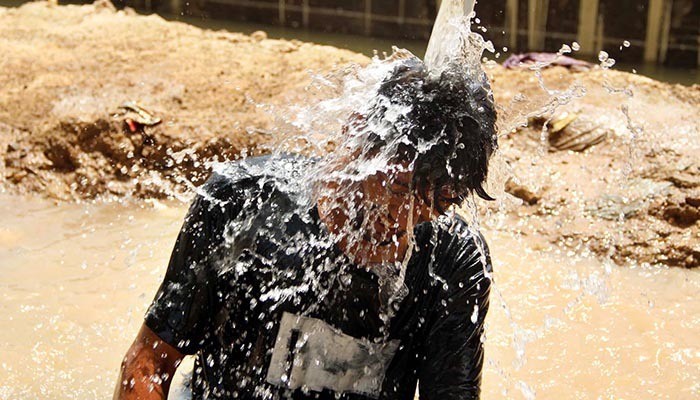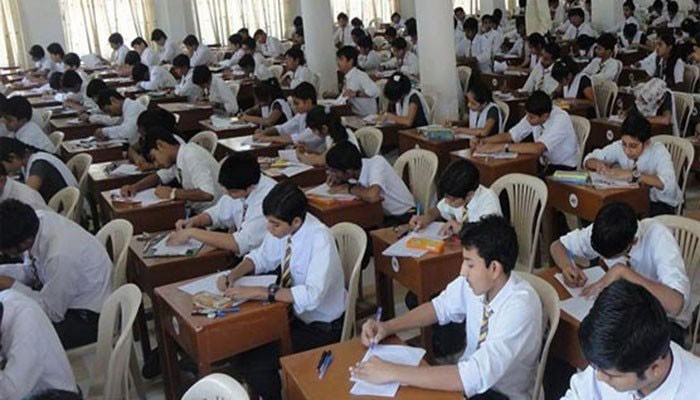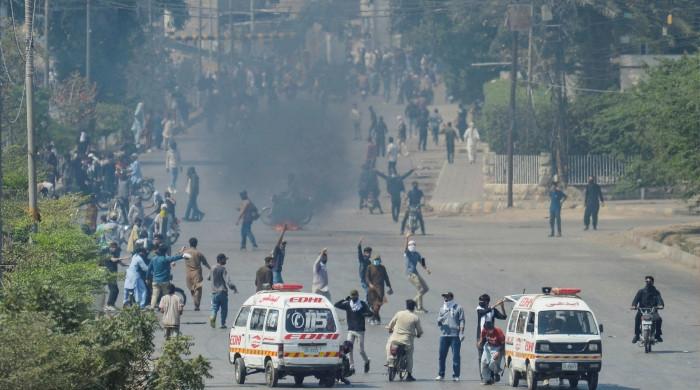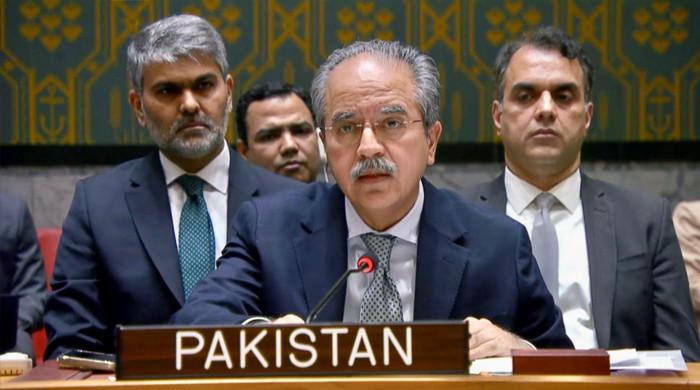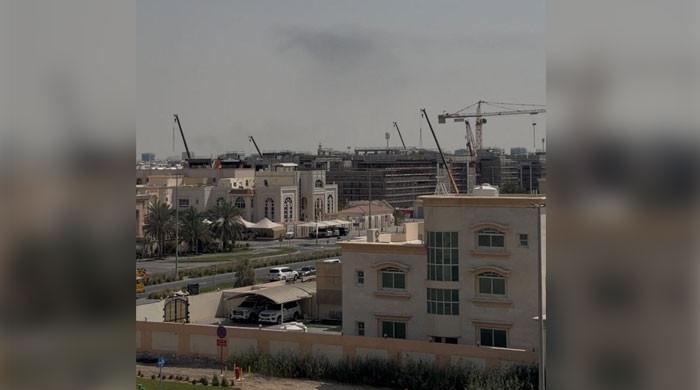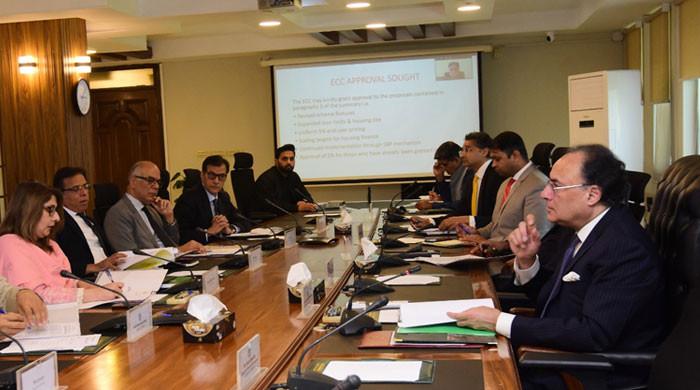Heatwave continues in Karachi, mercury climbs to 43˚C
The heatwave will continue for another three days in the country unless there is rain
May 21, 2018
KARACHI: The heatwave continues to plague the residents of Pakistan’s financial hub with the mercury climbing to 43 degrees Celsius on Monday.
“The heatwave will continue for another three days in the country unless there is rain,” says Dr Muhammad Riaz, the chief Meteorologist at Pakistan Meteorological Department, “However, if there is no respite this week, then temperatures could cross 43 degrees Celsius in cities including Lahore and Karachi.” Riaz further adds that areas in South Punjab will be the worst affected.
The heatwave is expected to peak between Monday and Wednesday, drastically pushing the temperatures above 40 degrees Celsius as the sea breeze remains halted, the Pakistan Meteorological Department (PMD) said.
Interior areas in Sindh can expect temperatures reaching up to 50°C, with extremes likely in Sibi, Jacobabad, Larkana, Nawabshah, and Dadu during the coming week, Dr Ghulam Rasool, director-general at the Met Office, warned earlier.
To beat the heat and avoid the dangers of heatstroke, it's important to stay hydrated and avoid the sun as far as possible. If you are outside, try to keep your head covered against the sun.
“Climate change is a global phenomenon,” explains Syed Rizwan Mehboob, the former PM’s focal person for climate change, “Temperatures are rising all over the world by 0.5 degrees annually. Pakistan has always been a warm country, but the problem now is unplanned urbanization, when temporary residents move into slums to work as labourers. They are the most in danger.”
“What we need is an early warning system. No work, unfortunately, has been done in this regards. Take Karachi for example, they need to spread awareness about precautionary measures at the union council level and set up makeshift medical camps in rural areas. The action system right now in the city is not very effective.”
Power woes persist
In Karachi, numerous areas of the city continued to experience prolonged and unannounced power cuts despite production resuming at the Bin Qasim power station's faulty unit, Geo News reported Sunday night.
Residents of multiple localities in the metropolis were forced to have their sehri meal in the dark as electricity outages persisted, exacerbating the heatwave as temperatures touched 44°C Sunday afternoon.
A spokesperson for K-Electric (KE), Karachi's sole power supplier, said the duration of load-shedding in some areas of the industrial hub has been reduced from three hours to just one hour.
Areas with line losses, however, will be facing over seven hours of load-shedding on average, the spokesperson added.
Last week, KE had said the fault at its Bin Qasim Power Station-II would be repaired by May 20, as a crucial spare part — weighing 41 tonnes — was to be flown in from the Netherlands.
The technical fault was cited as the reason behind the latest bout of the power crisis as Karachi faced a shortfall of 600-700 megawatts due to the Bin Qasim plant breakdown, leading to unannounced load-shedding in areas that were previously exempted from power outages.
